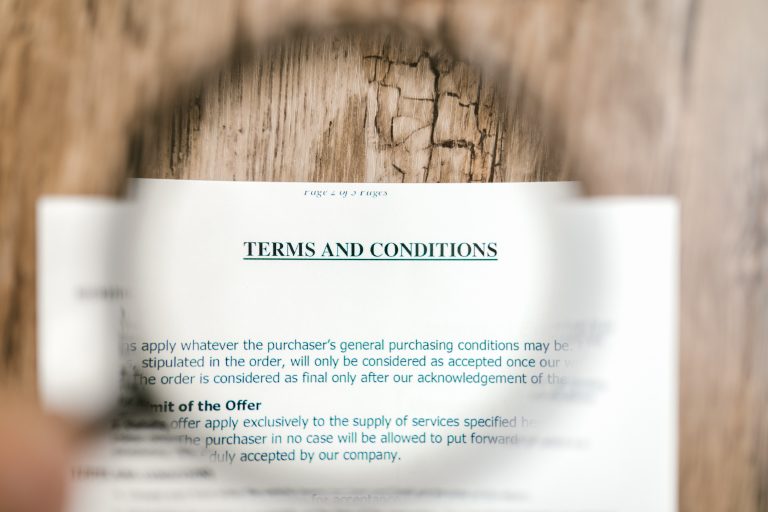Employers may utilize restrictive covenants to restrain certain activities under specific circumstances, as long as the contractual terms meet the statutory requirements. Keep reading to discover how to create a valid non-compete agreement in Florida.
Florida Non-Compete Agreements – Are Restrictive Covenants Enforceable Within State Jurisdiction?
Unless a restrictive covenant is appropriately limited within the boundaries established by state law, Florida Statutes §542.18 expressly states that “every contract, combination, or conspiracy in restraint of trade or commerce in this state is unlawful.”
Florida Statutes §542.335 (1) specifies that “notwithstanding s. 542.18 (…), enforcement of contracts that restrict or prohibit competition during or after the term of restrictive covenants, so long as such contracts are reasonable in time, area, and line of business, is not prohibited.”
Florida Non-Compete Agreements – Protecting a Legitimate Business Interest
The statutory rules governing Florida non-compete agreements expressly provide that “any restrictive covenant not supported by a legitimate business interest is unlawful and is void and unenforceable.”
Florida Statutes §542.335 (1)(b) establishes that “the person seeking enforcement of a restrictive covenant shall plead and prove the existence of one or more legitimate business interests justifying the restrictive covenant.”
Under this statute, the term “legitimate business interest” includes, but is not limited to:
- Trade secrets (as defined by Florida law)
- Valuable confidential business or professional information that otherwise does not qualify as trade secrets
- Substantial relationships with specific prospective or existing customers, patients, or clients
- Customer, patient, or client goodwill associated with an ongoing business or professional practice, by way of trade name, trademark, service mark, or “trade dress”
- Customer, patient, or client goodwill associated with a specific geographic location, or a specific marketing or trade area
- Extraordinary or specialized training
How to Create a Non-Compete Agreement in Florida – Step-by-Step
Reasonable Duration of the Restrictions
The first step to creating a non-compete agreement is setting the duration of the restrictions. This clause will directly affect the contract’s enforceability in court.
Statutory rules provide that any restraint six months long or less is presumably reasonable. Conversely, restraints periods exceeding two years are presumed unreasonable. Determining the accurate duration for a non-compete requires legal counseling, as there are cases in which a court has enforced a restraint with a length exceeding two years.
Geographical Limitations
No restrictive covenant should be overbroad, as the restrictions must limit an employee’s actions within a reasonable geographic area. For instance, a multi-state company established in four states may limit the extent of a non-compete specifically to those states.
Depending on the size of the company, the nature of the business interests to be protected, and the employee’s level of access to trade secrets and other business interests, it may be possible to draft an agreement with a broader geographic restriction.
Specific Line of Business
A non-compete agreement may not prevent an employee from working in a different line of business from which that individual worked previously. For instance, a software executive in a gaming company may not be restricted from competing in distinct software industries.
The key element is to maintain the restrictions reasonable as to each employee’s functions in the company, protecting a legitimate business interest exclusively to a reasonable extent.
Do You Want to Create a Florida Non-Compete Agreement? – Immediately Consult with an Expert Lawyer at Jurado & Associates, P.A.
Waste no time with uncertainty. Get in touch with a well-versed contract attorney from Jurado & Associates, P.A. by calling (305) 921-0976 or emailing [email protected] to schedule a consultation.






